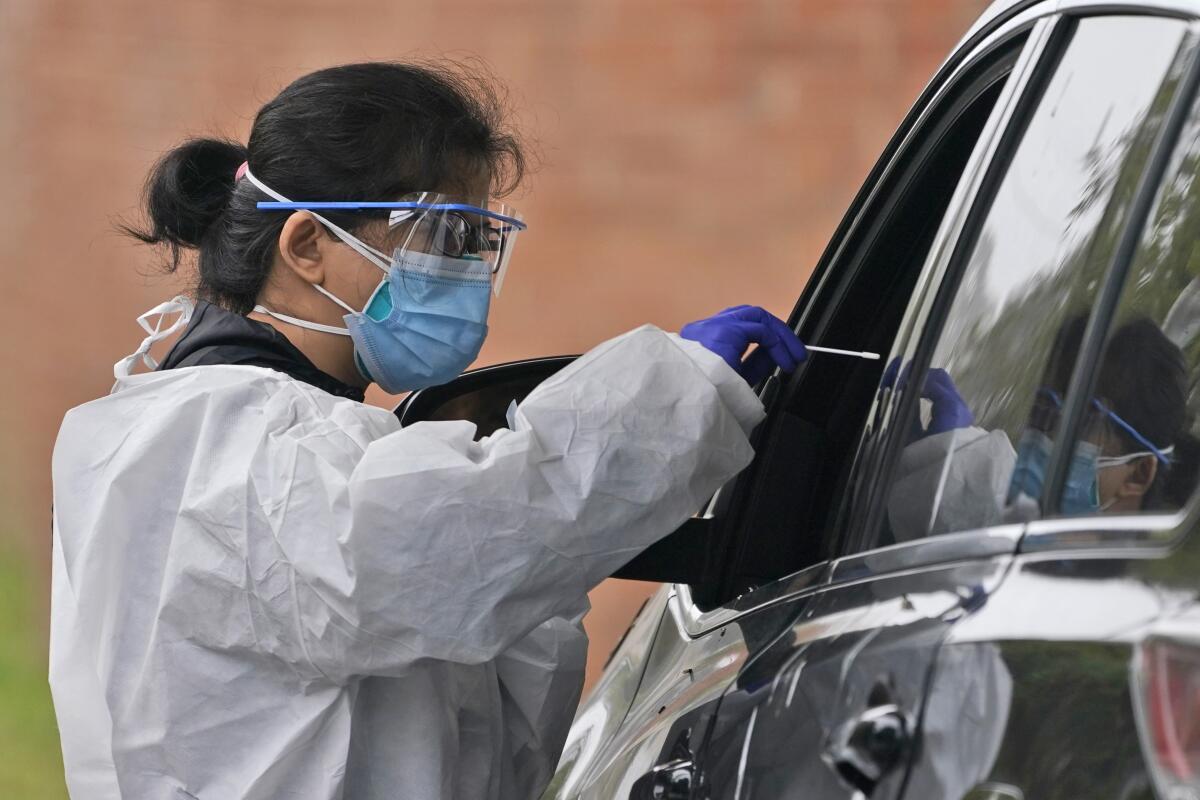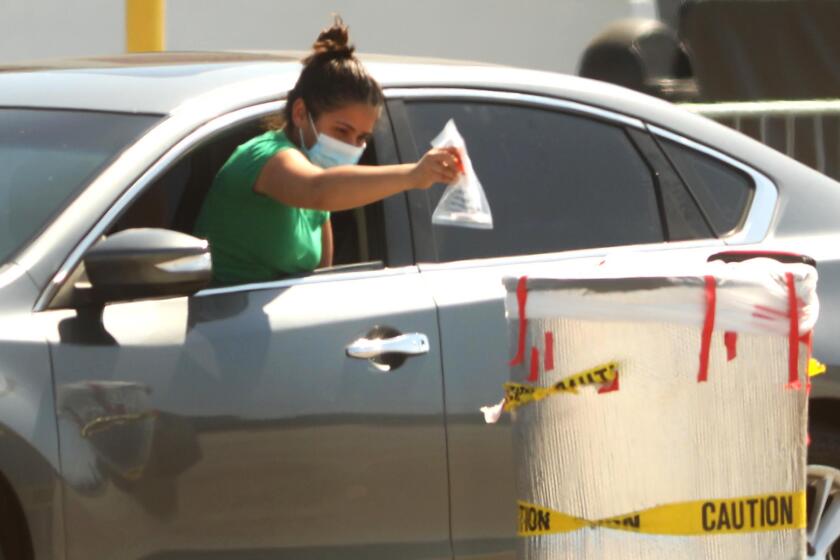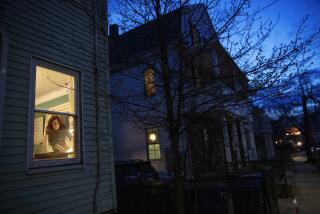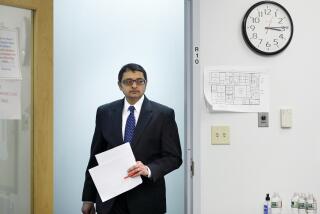Brief encounters with COVID-19 patients now considered ‘close contact,’ CDC says

- Share via
U.S. health officials have redefined what counts as “close contact” with someone with a coronavirus infection to include briefer but repeated encounters.
For months, the Centers for Disease Control and Prevention said close contact meant spending a solid 15 minutes within 6 feet of someone who tested positive for the virus. On Wednesday, the CDC changed it to include shorter but repeated contacts that add up to 15 minutes over a 24-hour period.
The CDC advises anyone who has been in close contact with a COVID-19 patient to quarantine for two weeks.
While most people only experience mild or no symptoms at all from coronavirus infection, it can take roughly a week or so before severe illness strikes for those who do end up experiencing life-threatening symptoms.
The change may prompt health departments to do contact tracing in cases where an exposure might previously have been considered too brief, said Dr. William Schaffner, an infectious diseases expert at Vanderbilt University.
It also serves notice that the coronavirus can spread more easily than many people realize, he added.
The definition change was triggered by the case of a 20-year-old Vermont correctional officer who was diagnosed with a coronavirus infection in August.
The guard, who wore a mask and goggles, had multiple brief encounters with six transferred prisoners before test results showed they were positive. At times, the prisoners wore masks, but there were encounters in cell doorways or in a recreational room where prisoners did not have them on, according to a report on the case published Wednesday in the CDC’s Morbidity and Mortality Weekly Report.
An investigation that reviewed video recordings concluded the guard’s brief interactions totaled 17 minutes during an eight-hour shift.
The report didn’t identify the prison, but Vermont officials have said that in late July, six inmates tested positive when they arrived at the Marble Valley Regional Correctional Facility in Rutland.
In a statement, CDC officials said that the case underscores the importance of wearing masks to prevent coronavirus transmission, and that the agency’s guidance can change as new information comes in.
Acknowledging that tiny particles that linger in the air can spread the coronavirus, the U.S. Centers for Disease Control and Prevention warned the public to avoid crowded, poorly ventilated rooms.
“As we get more data and understand this COVID we’re going to continue to incorporate that in our recommendations,” Dr. Robert Redfield, the CDC’s director, said at a news conference in Atlanta.
The CDC also says close contact can include hugging and kissing, sharing eating or drinking utensils with an infected person, and providing home care to someone who is sick. Being sneezed or coughed on also counts.
The risk of spread is considered to be lower outdoors, but the CDC guidance update “makes scientific sense,” said Dr. Michael Saag, an infectious disease researcher at the University of Alabama at Birmingham.







